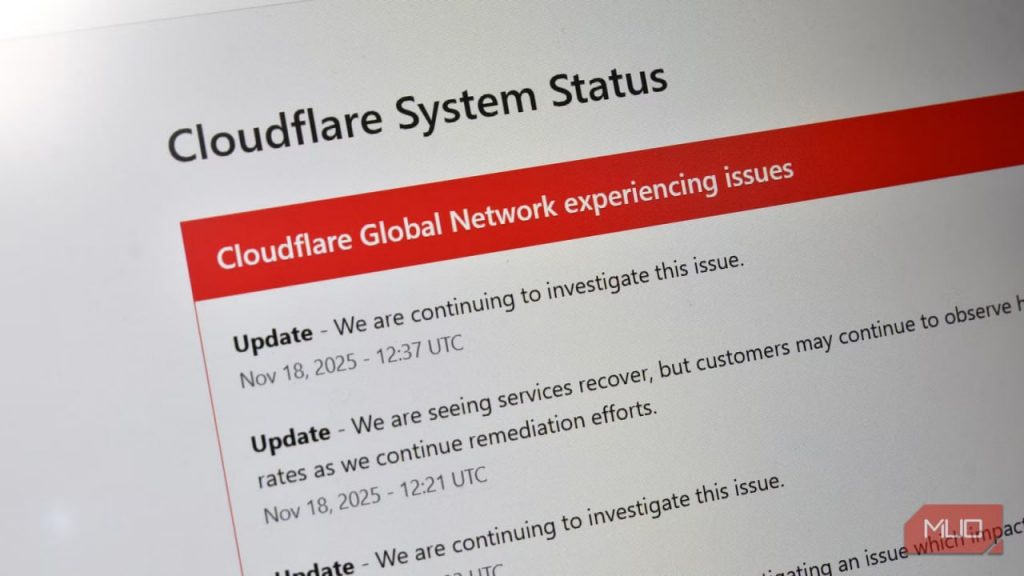Now Reading: Trends in Healthy Eating to Consider in 2025
-
01
Trends in Healthy Eating to Consider in 2025
Trends in Healthy Eating to Consider in 2025

Exploring the Evolving Landscape of Nutritional Awareness and Consumer Behavior in 2025: How Scientific Research, Global Food Innovation, and Environmental Sustainability Are Coming Together to Reshape the Way People Think About Nutritious Choices, Balanced Diets, and the Connection Between Personal Health and Planetary Well‑Being in an Era Where Consumers Are More Informed, More Tech‑Savvy, and More Driven to Seek Out Practices That Align With Wellness Goals, Preventive Health Strategies, and Broader Ethical Considerations, Resulting in a Shift Towards Whole‑Food Options, Functional Ingredients, and Personalized Nutrition Approaches That Reflect the Increasing Demand for Evidence‑Based Guidance, Transparent Supply Chains, and Lifestyle Patterns That Support Both Longevity and Quality of Life Across Diverse Cultures and Demographics While Integrating the Use of Smart Tools and Data‑Driven Insights to Customize Dietary Experiences and Foster Greater Accountability in Our Daily Eating Habits and Broader Societal Food Systems as Modern Healthy Eating Becomes About More Than Calories or Macronutrients—It Becomes About Aligning Energy, Values, and Long‑Term Impact in Ways That Shape What Ends Up on Our Plates and How We Think About Nourishment Altogether
As we step into 2025, the idea of what it means to “eat healthy” has expanded beyond simple guidelines of avoiding excess sugar, fat, or processed food. Modern consumers are now at the intersection of multiple forces: scientific progress in nutrition and genomics, rapid developments in digital health technologies, and heightened global awareness of environmental and social responsibility. Healthy eating is no longer confined to individual choice; it reflects a collective shift toward systems of food production, consumption, and innovation that influence human health and planetary well‑being.
Over the past decade, nutrition science has moved closer to individualized guidance, acknowledging that dietary needs vary greatly depending on genetics, microbiome composition, cultural background, and lifestyle factors. At the same time, a growing body of evidence links diet not only to disease prevention but also to mental health and long‑term vitality. As such, healthy eating in 2025 increasingly reflects a holistic understanding of nourishment—food as energy, therapy, sustainability tool, and cultural experience.
Alongside personal wellness, people now weigh ethics and environmental impact in their daily choices. Climate change, food insecurity, and resource scarcity have pushed consumers to become more conscious of what their choices mean for the planet. Transparency, traceability, and regenerative practices reverberate across supply chains, while technologies like blockchain and digital labeling make it easier to evaluate these commitments in real time.
And while traditional dietary advice continues to hold value, 2025 has brought a shift toward functional ingredients—foods and beverages fortified not just for baseline nutrition, but for targeted benefits such as improved gut health, enhanced immunity, cognitive clarity, and even stress reduction. In this context, nutrition has evolved into a personalized toolkit for preventive healthcare, and choices are being guided by biomarker data, wearable devices, and evidence‑based digital platforms.
Ultimately, the landscape of healthy eating in 2025 shows us that food culture is no longer defined by restriction but by thoughtful, informed, and value‑driven decisions. It is about longevity, quality of life, and aligning personal practices with a greater global mission.
Key Directions in Healthy Eating Trends for 2025 and Beyond: From the Mainstream Rise of Plant‑Forward Eating Patterns, Alternative Protein Innovation, and Regenerative Agriculture Practices to the Rapid Expansion of Tech‑Powered Solutions Like AI‑Driven Meal Planning, Biomarker‑Based Nutrition Tracking, and Wearable‑Integrated Feedback Loops, Consumers Will Continue to Embrace Health‑Centered Practices That Bridge the Gap Between Traditional Wisdom and Cutting‑Edge Science While Paying Closer Attention to the Environmental and Social Footprints of What They Consume, Which Means That More People Will Experiment With a Variety of Diets Adapted to Their Own Genetic Profiles, Microbiome Insights, and Lifestyle Realities While Engaging in Mindful Approaches to Eating That Emphasize the Pleasure of Food Without Compromising on Nutritional Quality, Cultural Integrity, or Sustainability Principles, Leading to Innovative Food Products, Smarter Retail Spaces, and Household Tools That Guide Smarter Decisions, Expand Access to Healthier Choices, and Encourage Habits That Are Achievable and Enjoyable Over the Long Term Rather Than Restrictive or Short‑Lived, With 2025 Emerging as a Year When Healthy Eating Finally Balances Personal Wellness Ambitions, Economic Accessibility, and Environmental Responsibility on a Global Scale
When we look at the specific directions shaping healthy eating in 2025, several pivotal trends emerge:
1. Plant‑Forward and Flexitarian Diets Becoming Mainstream
While vegan and vegetarian lifestyles continue to grow, the biggest change is in the broad rise of plant‑forward diets—patterns that emphasize plants without requiring full elimination of animal protein. This shift stems from a balance of nutrition, enjoyment, and sustainability goals. Consumers increasingly recognize the health benefits of fiber‑rich, antioxidant‑laden plant foods while remaining flexible enough to prioritize balance over rigidity.
2. Alternative Proteins and Advanced Innovation
Cell‑cultured meats, precision‑fermented dairy, and insect‑based products are moving closer to widespread acceptance. Advances in processing and flavor profiles are making these products not just sustainable, but competitive in taste and nutritional quality. These innovations are poised to supply protein‑dense, resource‑efficient foods that reduce pressure on traditional livestock industries.
3. Regenerative Agriculture and Climate‑Smart Food Sources
Beyond organic, consumers and producers alike are embracing regenerative farming—a method focused on restoring soil health, enhancing biodiversity, and sequestering carbon. Demand for foods labeled regenerative speaks to a desire not only for personal wellness but for positive environmental impact. This trend signals that dietary choices are deeply tied to climate action in everyday life.
4. Personalized Nutrition Through Tech and Biometrics
With the explosion of at‑home diagnostic tools, continuous glucose monitors, and AI‑powered health apps, people can now understand their body’s responses to specific foods with unprecedented detail. Nutrition in 2025 is more data‑driven than ever, where meal suggestions, supplements, and grocery lists can be tailored to a person’s DNA, microbiome, activity level, sleep patterns, and even stress indicators.
5. Mindful Eating and Mental Wellness
Beyond physical health, food is increasingly framed as a vehicle for mental well‑being. Practices such as slowing down meals, savoring food experiences, and aligning eating patterns with circadian rhythms are gaining popularity. From adaptogenic teas to foods designed to support brain clarity and mood, nutrition in 2025 reflects the mind‑body connection more than ever before.
6. Accessibility and Equity in Healthy Choices
Fortunately, these innovations are not limited to elite spaces. Governments, health organizations, and private industries are emphasizing inclusive policies to ensure healthful food is more affordable and accessible. Initiatives around food justice, urban farming, and community‑based nutrition programs remind us that true progress in healthy eating only matters if it reaches diverse populations.
7. Smart Retail and At‑Home Nutrition Management
Retail environments, both physical and digital, are evolving. Smart shopping carts, AI‑informed product recommendations, interactive labels, and sustainability scores are guiding healthier decisions at the point of purchase. Likewise, household tools—smart kitchen appliances, personalized grocery delivery, and integrated nutrition monitoring—are empowering people to stay consistent with healthier habits at home without adding complexity.
Looking Ahead
The healthy eating trends of 2025 reflect a deeper cultural transition: away from restrictive fads and toward sustained, integrated, and evidence‑backed practices. Food is now a convergence point of science, ethics, technology, and tradition. Rather than a one‑size‑fits‑all prescription, healthy eating has become a personalized journey that values diversity, inclusivity, and the intertwined health of humans and our planet.
If the past emphasized what not to eat, the present—and future—focuses on what to embrace: whole, functional, enjoyable foods that empower individuals while sustaining communities and ecosystems. 2025 marks a turning point where personal health goals and planetary responsibility no longer compete but complement each other, forming the foundation for what healthy eating truly means in a modern world.
















